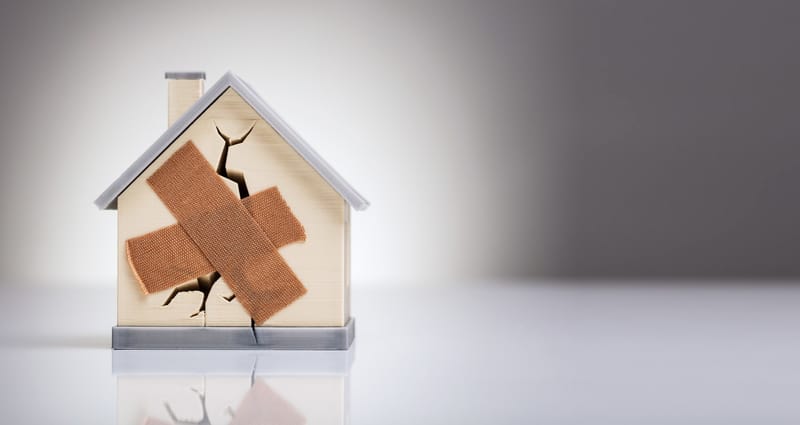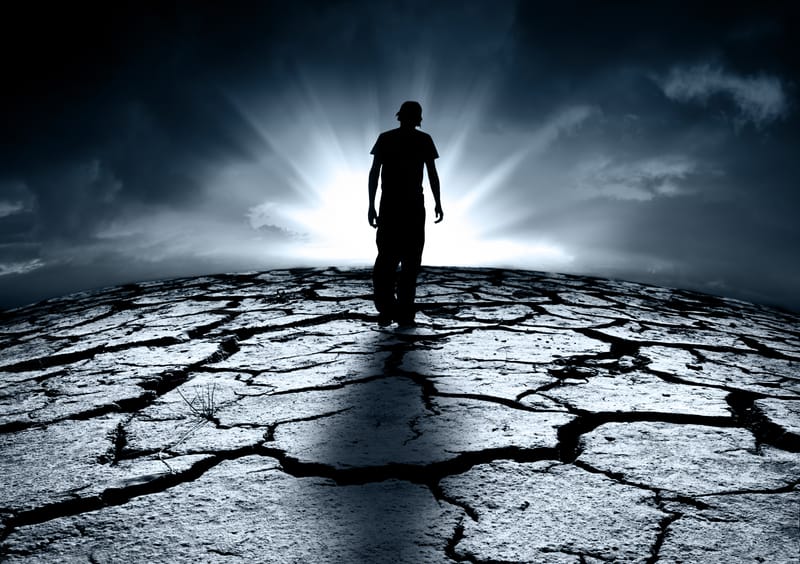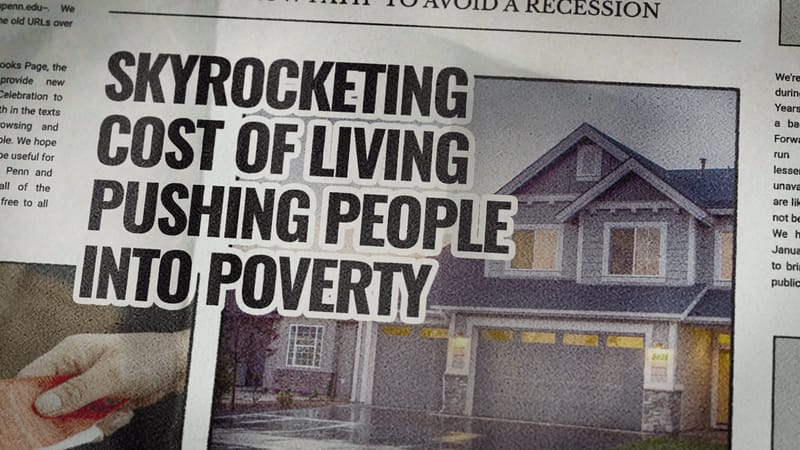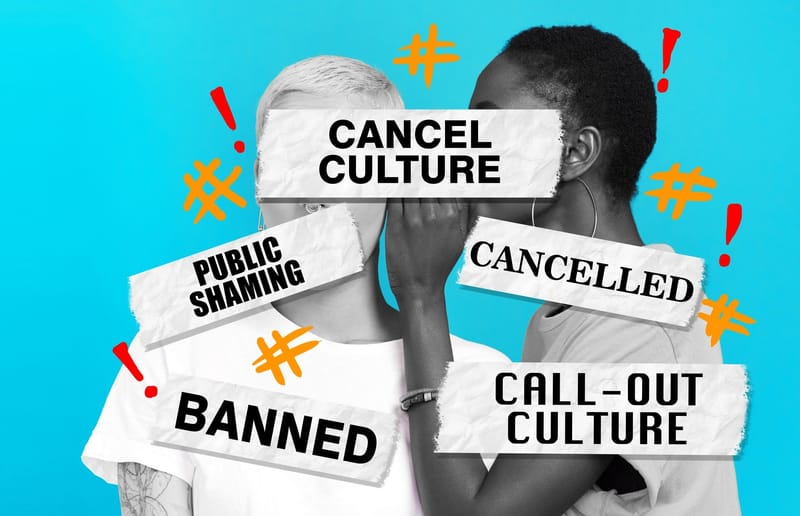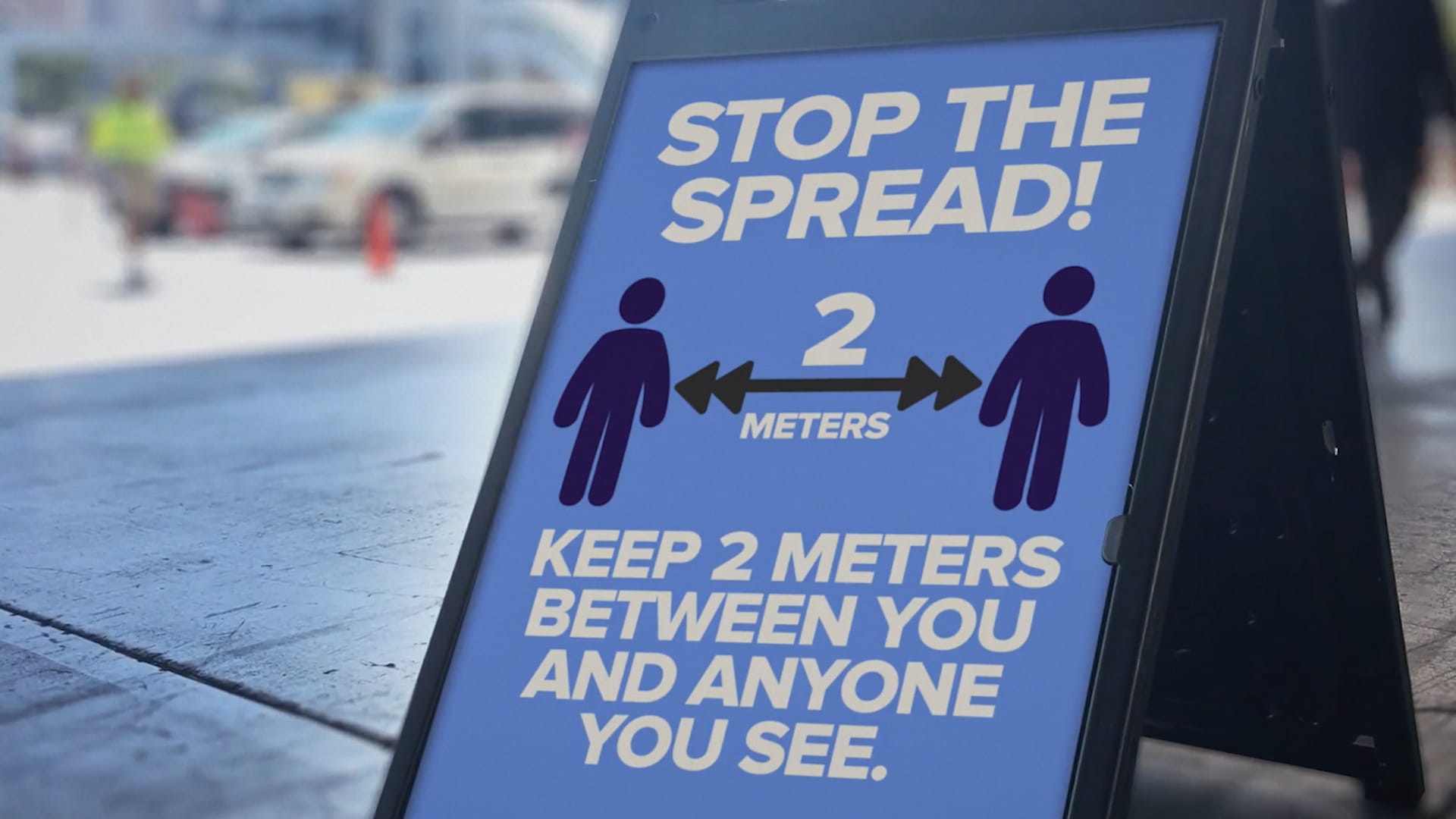
Even if we can’t leave our homes, hearing about COVID-19 is inescapable. It’s an uncertain time, one unparalleled by anything in human history. But it’s not just the virus that’s spreading. Misinformation and misrepresentation of facts are also a force to be reckoned with.
Celine Klemm, Research Fellow at the Monash Sustainable Development Institute's BehaviourWorks explains:
"We don't have a vaccine yet. Until then, communication is really important in how we are going to contain this crisis. The more accurate information we can spread, and the more we respond to that, in a sensible way, the more we are able to contain this."
From sports, to culture and tourism, to economics, to community values, the impacts of COVID-19 pandemic will go beyond just the healthcare system for years to come.
Related story: Fake news: The other pandemic that can prove deadly
The impact on the world economy is going to be huge, according to economics expert Dr Ross Booth, who describes it as a supply side shock, where the demand is there, but people can’t get to work and can’t produce in the same way.
Commentators are saying the effect on the economies and to people’s liberties is similar to a war economy, with limits to the amount of items you can buy at the supermarket, and sporting leagues being suspended. Even the Olympic Games have been postponed until 2021; previously, they've have only been cancelled or postponed during times of war.
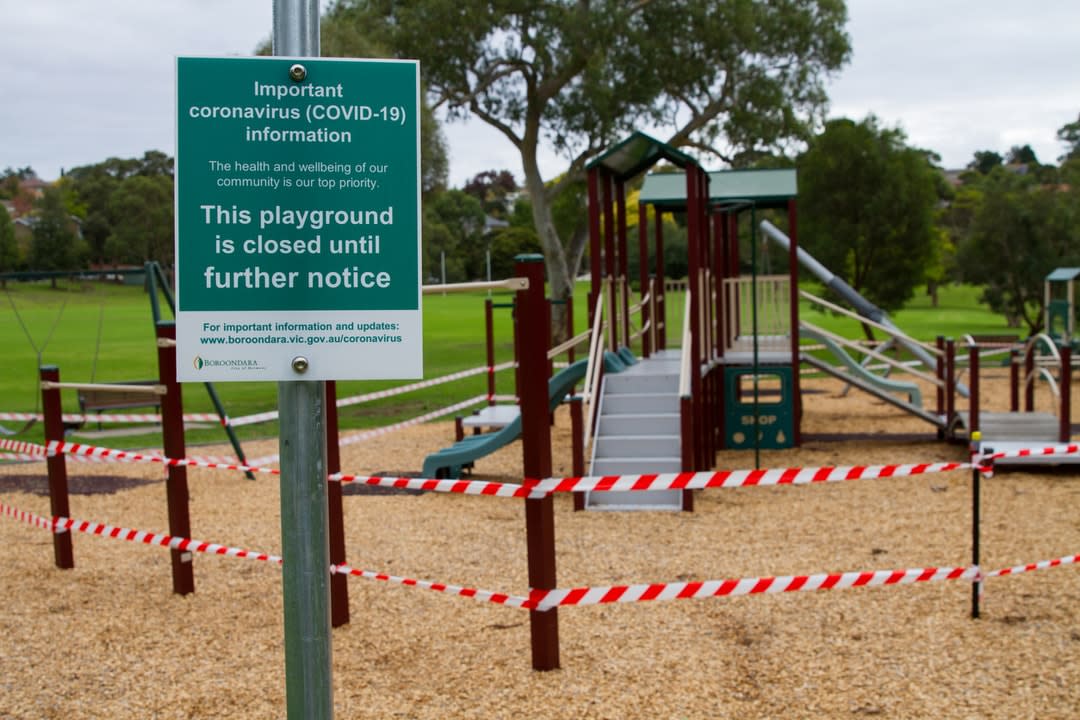
The next six months will be brutal. The next 10 years after this as we rebuild will be hard, and sacrifices will have to be made. This is an opportunity for us to pause and to become a better community as we move forward. And, yes, I absolutely think that's possible."
– Associate Professor Rebecca Wickes
This A Different Lens snapshot explores the domino effect of the virus. It looks at how pockets of our society will be impacted in ways we never expected.
Read the latest COVID-19 breakthroughs and commentary from our academic and research experts.
.


